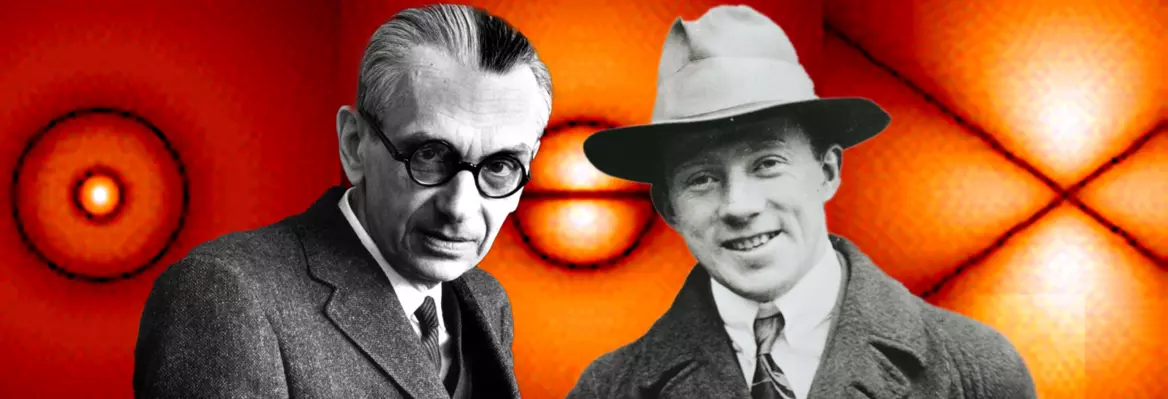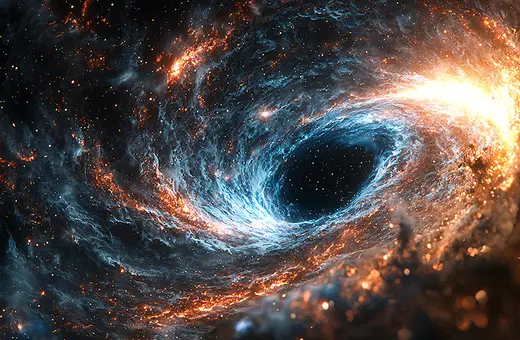We are well aware by now of the observer problem in quantum mechanics. Human subjectivity appears to play a key role in the results of quantum experiments. However, the observer problem reaches far beyond just quantum mechanics, argues Edward Frenkel.
In the episode The Path to the Black Lodge of David Lynch’s iconic series Twin Peaks, Annie (played by Heather Graham) recites to Dale Cooper (Kyle MacLachlan) a famous quote by the great German physicist Werner Heisenberg, “What we observe is not reality itself but reality exposed to our method of questioning.”
This quote elegantly encapsulates what is often referred to as “observer-dependence” in quantum mechanics: Depending on how we set up an experiment, quantum reality will expose itself in various ways, with different experimental setups revealing different, seemingly contradictory forms. For example, in the famous double-slit experiment, electrons will reveal themselves as waves if we don’t put detectors behind the slits but will appear to us as particles if we do put the detectors. Thus, our choice of experimental protocol influences what pattern of behavior we observe. This makes the first-person perspective an integral part of modern physics.
 SUGGESTED READING
Quantum mechanics and the puzzle of subjectivity
By Steven French
SUGGESTED READING
Quantum mechanics and the puzzle of subjectivity
By Steven French
Is there room for the first-person perspective in mathematics as well?
At first glance, the answer appears to be “no.” After all, math seems to be a “paragon of reliability and truth,” as the eminent mathematician David Hilbert put it. It is the most objective of all sciences, and mathematicians take pride in the certainty and the timeless nature of mathematical truths. Indeed, if Leo Tolstoy wasn't born or died before he wrote Anna Karenina, this book wouldn’t exist; no one else would have written the exact same novel. But if Pythagoras had not lived, someone else would have discovered the same Pythagoras theorem (and in fact, many did). Moreover, his theorem means the same thing to everyone today as it meant 2,500 years ago when he discovered it, and there’s every reason to believe that it will mean the same thing to everyone 2,500 years from now, regardless of their culture, upbringing, religion, gender, or skin color.
Now, Pythagoras theorem is a mathematical statement about the right triangles (also known as right-angled triangles, such that one of its angles is the right angle; that is, 90 degrees) that holds in a specific framework — namely, that of Euclidean geometry on the plane (think of an idealized flat tabletop extended to infinity in all directions; that’s what mathematicians call a “plane”). It states that x2+y2=z2 where x and y are the two sides of the right angle and z is the side opposite to it; it’s called the hypothenuse.
However, Pythagoras’ theorem is not true in the framework of non-Euclidean geometry.





















Join the conversation